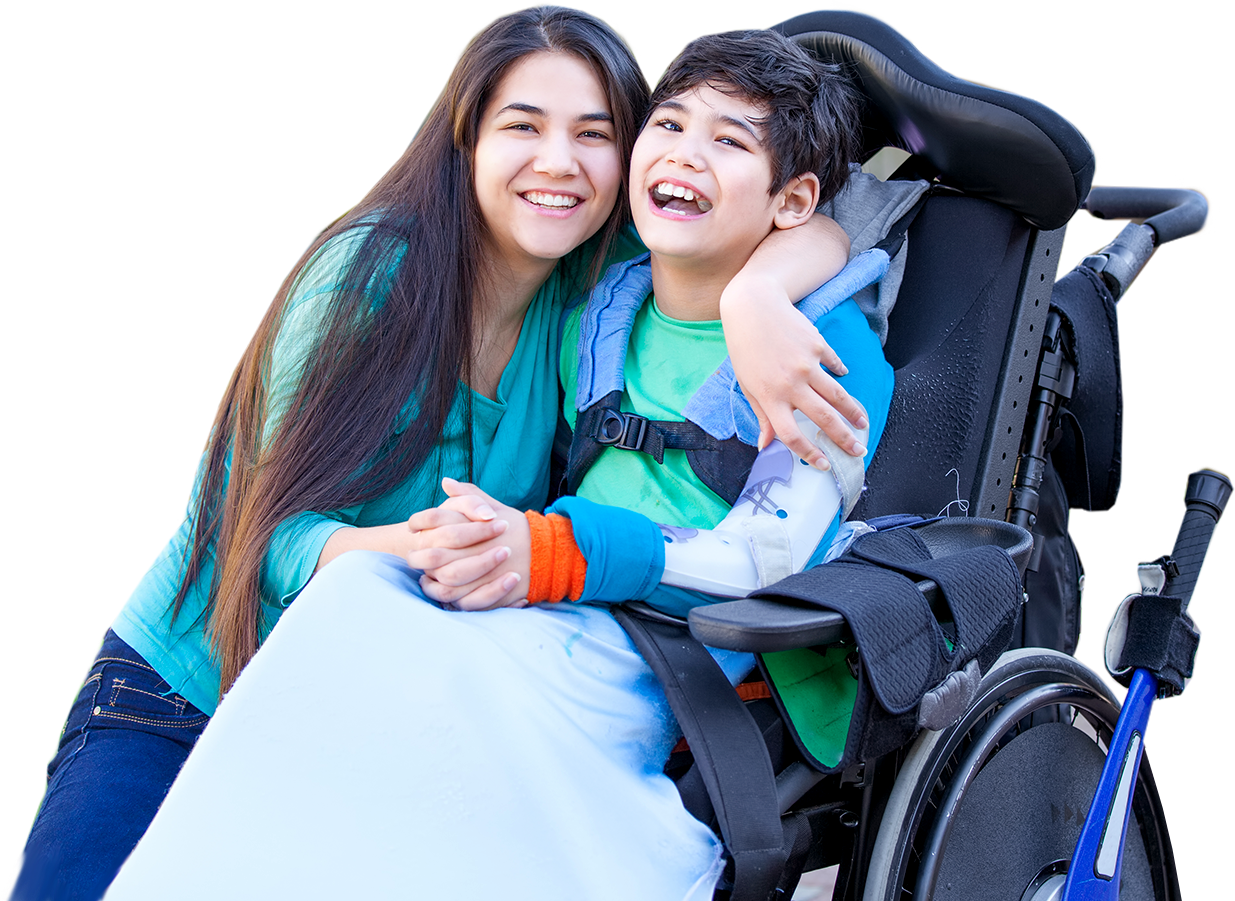Patient Care
how to better care for your child

- Alternative
- Assistive Technology
- Associated Conditions
- Birth Injury
- Causes of Cerebral Palsy
- Cerebral Palsy Diagnosis
- Cerebral Palsy Information
- Cerebral Palsy Therapies
- Cerebral Palsy Treatments
- Child Development
- Doctor Visits
- Education
- Equipment
- Featured
- Legal Help
- Medical Research
- News
- Patient Care
- Prenatal Care and Childbirth
- Stories
- Tips for Parents
- Types of Cerebral Palsy
- Updates
Posts in 'Patient Care'
What Drugs Are Used to Treat Spasticity in Children with Cerebral Palsy?
Because cerebral palsy (CP) has varying levels of severity, each child with a CP diagnosis may experience it differently. Some children may have very few symptoms, while others may have significant developmental delays, both physically and cognitively. However, many children affected with cerebral palsy experience issues of spasticity. In fact, a CDC study reported that... Read More
Your Part in Obtaining a Letter of Medical Necessity
When your child needs a particular medication, therapy, treatment, or assistive device, your request to an insurance company, government agency or other funding source can sometimes be denied. Oftentimes they will require a letter of medical necessity, which is typically provided by your physician or therapist. Letters of medical necessity are critical to getting coverage... Read More
Dyskinesia and Cerebral Palsy
Dyskinesia by definition is a movement disorder. Involuntary (not within a person’s control) muscle contractions create uncontrollable bodily movements. These involuntary movements are often triggered when trying to perform everyday tasks, such as reaching for a glass of water. There are three general categories of dyskinetic movement disorders: Dystonia presents as twisting and repetitive type... Read More
Apraxia and Cerebral Palsy: How Are They Linked?
From balance and posture to speech and vision, cerebral palsy can affect a wide range of your child’s abilities and symptoms. Some children who develop cerebral palsy also have related complications and disorders, such as apraxia of speech. Discover how apraxia and cerebral palsy may be linked, and learn more about diagnosis and treatment for... Read More
Patient-Centered Care: A Must Have for Our Kids
By Lee Vander Loop CP Family Network Editor When you read the words “Patient-Centered Care,” what comes to your mind? When I first encountered the phrase, I was confused. Shouldn’t all medicine be ‘patient-centered’ since it is about the patient and, if this is new, what was the approach before? CP Research Study Seeks Parents... Read More
Physical Activity—Any Time Is a Good Time to Get Kids with Cerebral Palsy Moving
By Lee Vander Loop CP Family Network Editor We’re all aware of the physical and psychological health benefits of keeping children physically active, but for parents and caregivers of children with cerebral palsy, this can often be a challenge. Medical research and personal experience show that people with disabilities benefit greatly when they participate in... Read More
Physical Therapy Basics, Rights, and Cautions
By Lee Vander Loop Some children with cerebral palsy require physical therapy. Some don’t. Once the diagnosis is made, and the type of cerebral palsy is determined, a team of health care professionals will work to identify specific impairments and needs, and then develop an appropriate plan to address the core disabilities that affect the... Read More
DIY Blenderized Diets for Tube Feeding
By Lee Vander Loop CP Family Network Editor Some children with severe cerebral palsy have feeding disorders which require tube feeding. Children who are unable to fulfill their nutritional needs using traditional feeding methods, those with oral motor skill dysfunction or children at risk for aspiration are typically candidates for tube feeding. Often, doctors prescribe... Read More
Feeding Tubes for Nutrition and Medication
By John Lehman Sometimes, depending on the severity of the disorder, children with cerebral palsy have difficulties feeding themselves. In these cases, a feeding tube may be necessary for your child to meet his or her dietary and nutritional requirements. Feeding tubes could also be used to allow your child an easier way to take... Read More
Eating Problems Stressful but Treatable
By Lee Vander Loop CP Family Network Editor When my first daughter was born, she exhibited a total absence of any type of oral motor skill and necessitated a feeding tube from birth. Her birth injuries occurred as a result of “cord complications of unknown origin.” When our second child was born with cord complications,... Read More
